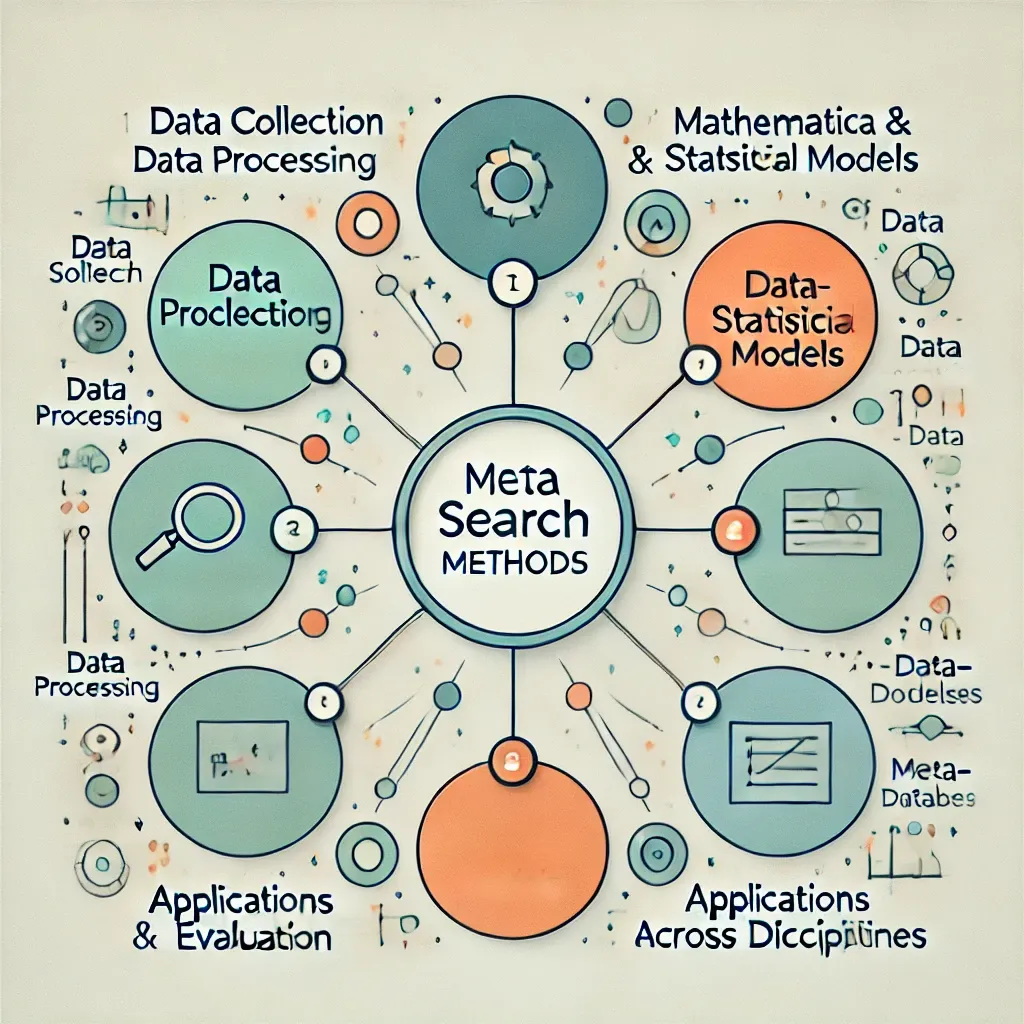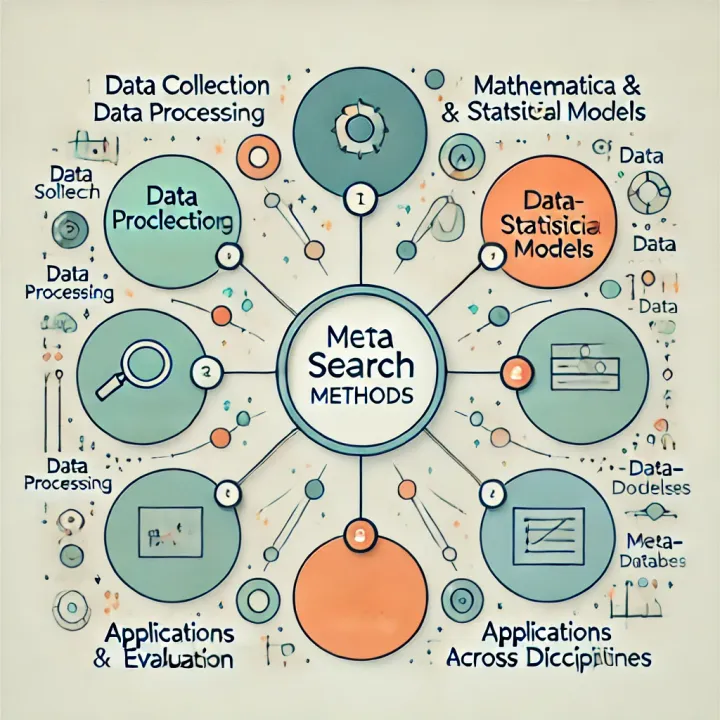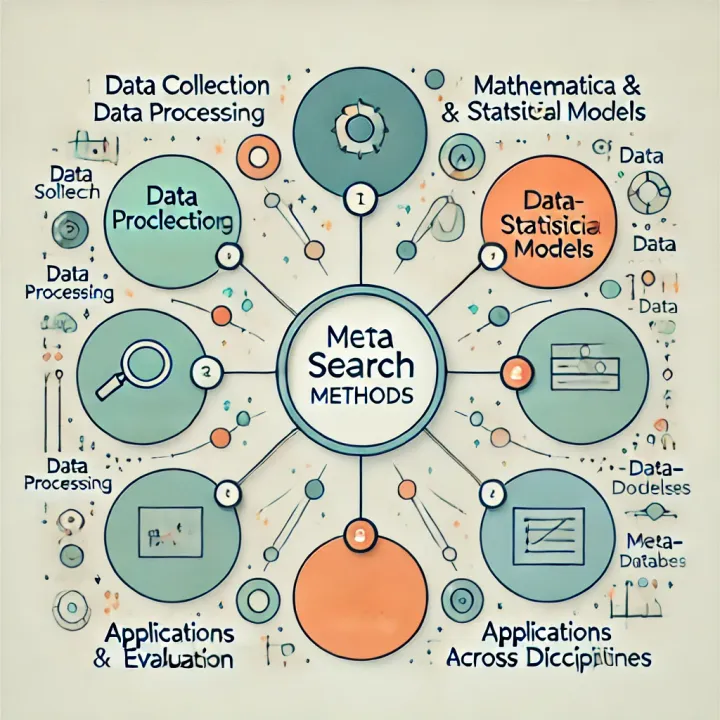Reporting Concerns in Meta-Analysis: The Issue of Transparency and Reproducibility

The primary concern regarding the reporting of meta-analysis is the need for transparency and reproducibility. This means that all the steps and procedures involved in the meta-analysis should be described in sufficient detail so that readers and other researchers can:
- ... understand the decisions made during the process.
- ... replicate the study if desired.
- ... critically evaluate the quality of the findings.
Several sources emphasize this concern:
- A meta-analysis must be reproducible by other researchers and transparent in reporting the decisions made throughout the process.
- A well-reported meta-analysis can still have methodological flaws, while a methodologically sound study might not be well-reported.
- Deficient reporting in primary studies is a major source of error in coding for meta-analysis.
- To ensure a high standard of meta-analysis, transparency is necessary when reporting decisions made throughout the process.
- A thorough description of all the phases and decisions is necessary for other researchers to replicate it and critically appraise the results.
- The methods section of a meta-analysis write-up is by far the most detailed and intricate part, requiring total clarity and transparency to avoid negative reviews or rejection.
- Authors should report all pre-specified outcome measures or explain why it’s not possible.
Reasons for Reporting Deficiencies and Their Impact
Several factors contribute to the lack of transparency and reproducibility in meta-analytic reporting:
- Deficient Reporting in Primary Studies: Primary research often lacks sufficient detail on methods and results, making it difficult for meta-analysts to extract the necessary information.
- This can lead to missing data, which needs to be addressed using specific strategies.
- Incomplete reporting of effect sizes and their precision can lead to confusion and misinterpretation of the findings.
- There are initiatives to improve primary reporting, like the APA's encouragement of full reporting of descriptive statistics and effect sizes, and the CONSORT statement in the medical field, but the problem persists.
- Space Constraints in Journal Publications: Limited space in journals often restricts the amount of detail that authors can provide about their methodology.
- This can lead to the omission of important information, such as means, standard deviations, reliability of measures, and range restrictions in samples.
- The suggestion of extended results sections submitted along with manuscripts and made available upon request has been proposed as a solution.
- Lack of Awareness or Understanding of Reporting Guidelines: Researchers may not be aware of or fully understand the existing reporting guidelines, leading to incomplete or inconsistent reporting.
- Guidelines such as PRISMA, MARS, MOOSE, and REGEMA provide detailed recommendations to improve reporting, but their adoption and adherence vary.
Consequences of Poor Reporting
The consequences of poor reporting in meta-analysis can be significant:
- Reduced Credibility and Trustworthiness of Findings: When the methods and decisions are not clearly described, the credibility and trustworthiness of the findings are diminished.
- Difficulty in Replicating and Verifying Results: Lack of transparency makes it challenging for other researchers to replicate the meta-analysis and verify the results.
- Obstacles to Knowledge Accumulation and Scientific Progress: Inconsistent and incomplete reporting hinders knowledge accumulation and slows down scientific progress in the field.
- Potential for Misinterpretation and Misuse of Findings: Poorly reported meta-analyses can be easily misinterpreted or misused, leading to inaccurate conclusions and potentially harmful decisions.
Improving Transparency and Reproducibility
Several steps can be taken to improve transparency and reproducibility in meta-analytic reporting:
- Adhering to Reporting Guidelines: Following established reporting guidelines such as PRISMA, MARS, MOOSE, and REGEMA ensures the inclusion of all essential information in a standardized manner.
- Providing Detailed Descriptions of Methods and Decisions: Authors should strive to provide comprehensive accounts of their search strategy, study selection criteria, data extraction methods, statistical analyses, and any decisions made throughout the process.
- Making Data and Analysis Scripts Available: Sharing the meta-analytic database and analysis scripts in open science repositories promotes transparency and allows for verification of the results.
- Encouraging Journal Policies that Support Transparency: Journals can play a crucial role by adopting policies that encourage or mandate transparent reporting practices, such as requiring the use of reporting guidelines and data sharing.
By addressing the issue of transparency and reproducibility, researchers can enhance the quality, credibility, and impact of meta-analyses, contributing to a more reliable and robust evidence base for decision-making in various fields.




Comments ()